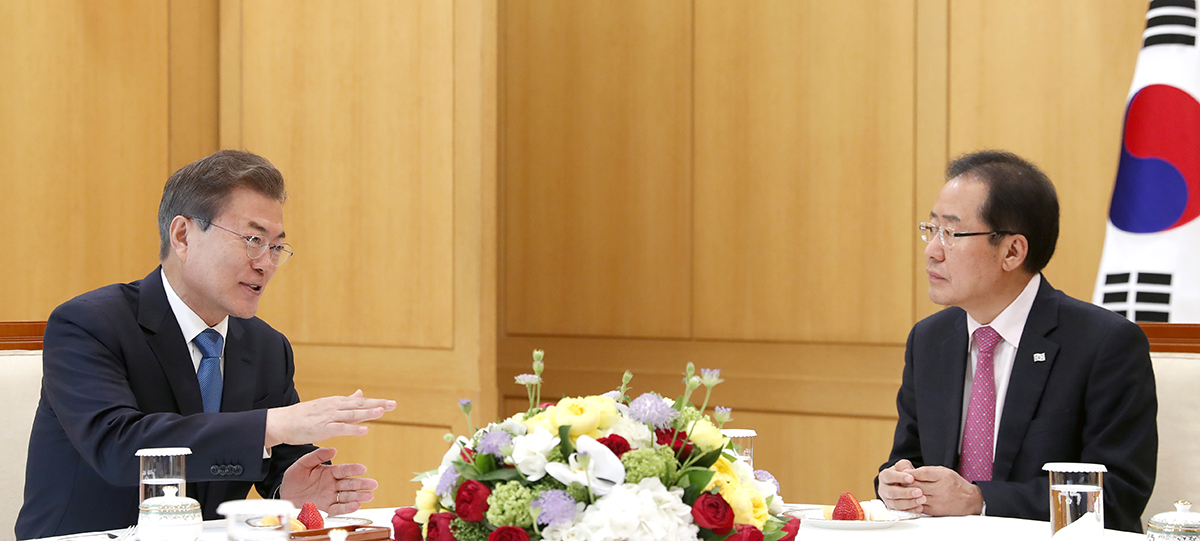“For reasons of neutrality, Switzerland did not directly adopt sanctions at that time. Today, the government has sharpened its response,” Cassis said. “The EU sanctions issued yesterday are to be integrated into this ordinance in the form of anti-circumvention measures, and individual measures will be tightened, particularly in the financial sector,” he added. Switzerland also adopted the list of banned and sanctioned individuals by the European Union to show solid solidarity with Ukraine.
On the other hand, Lithuania had removed Russian and Belarusian goods from its shelves, specifically Lithuania’s largest grocery retailer, Maxima. The company also stated that it would stop patronizing goods from Russia and Belarus as a response to the Russian aggression. Latvia has also kept up with the sanctions in its own way by halting the issuance of visas to Russian nationals following the invasion. It has also recalled its Russian ambassador from Moscow.
The Vatican, headed by Pope Francis, also did not stay mum on the subject. While it is a country that has limited influence over Russia, its Catholic followers would listen to the holy figure. Vatican secretary of state Cardinal Pietro stated that “There is still room for the exercise of a wisdom that prevents the prevalence of partisan interests, protects the legitimate aspirations of each and spares the world from madness and saves the world from the folly and horrors of war.” This statement is particularly historic as it is the first time the Vatican had not stayed neutral amid a political conflict. “There is still time for goodwill. There is still room for negotiation,” he added.
The Vatican’s Secretary of State Cardinal Pietro Parolin lamented on Thursday the “tragic scenes” taking place in Ukraine after Russia’s attack, and said wisdom is needed to save the world “from the folly and horrors of war.” 👉🏻 https://t.co/DpI0SREqWh pic.twitter.com/0LtnG0D7wU
— EWTN Vatican (@EWTNVatican) February 24, 2022
The European Union had also agreed on the second tranche of economic sanctions targeting Russia’s financial, transport, and energy sectors. Details of the sanctions have yet to be published.
“With this package, we will target strategic sectors of the Russian economy by blocking their access to technologies and markets that are key to Russia,” European Commission chief Ursula von der Leyen said. “We will weaken Russia’s economic base and its capacity to modernize,” she continued.
US Presiden Joe Biden had met with the Group of Seven allies composed of German Chancellor Olaf Scholz, Canadian Prime Minister Justin Trudeau, French President Emmanuel Macron, Italian Prime Minister Mario Draghi, Japanese Prime Minister Fumio Kishida, British Prime Minister Boris Johnson, European Commission President Ursula von der Leyen, European Council President Charles Michel, and NATO Secretary-General Jens Stoltenberg, to discuss tougher, unified sanctions against Russia.
Lastly, Ukrainian President Volodymyr Zelensky had called on the international community to cut Russia from Society for Worldwide Interbank Financial Telecommunication (SWIFT) to further hamper its ability to conduct business overseas. SWIFT is a network that connects over 11,000 financial institutions across 200 countries all over the world. It utilizes standardized codes to process transactions and make payments faster, enabling companies to smoothly do business across national borders. If Russia were to be cut from SWIFT, its ability to sell and ship Russian products can be halted until it finds other methods of selling to other countries.
A package of additional tough sanctions against Russia from the EU is approaching. Discussed all the details with @EmmanuelMacron. We demand the disconnection of Russia from SWIFT, the introduction of a no-fly zone over Ukraine and other effective steps to stop the aggressor.
— Volodymyr Zelenskyy / Володимир Зеленський (@ZelenskyyUa) February 24, 2022
Tuning in to SOFREP for the first time? Click here and enjoy a free 2-month trial membership and be up to date with the latest developments in Ukraine and elsewhere around the globe.











COMMENTS